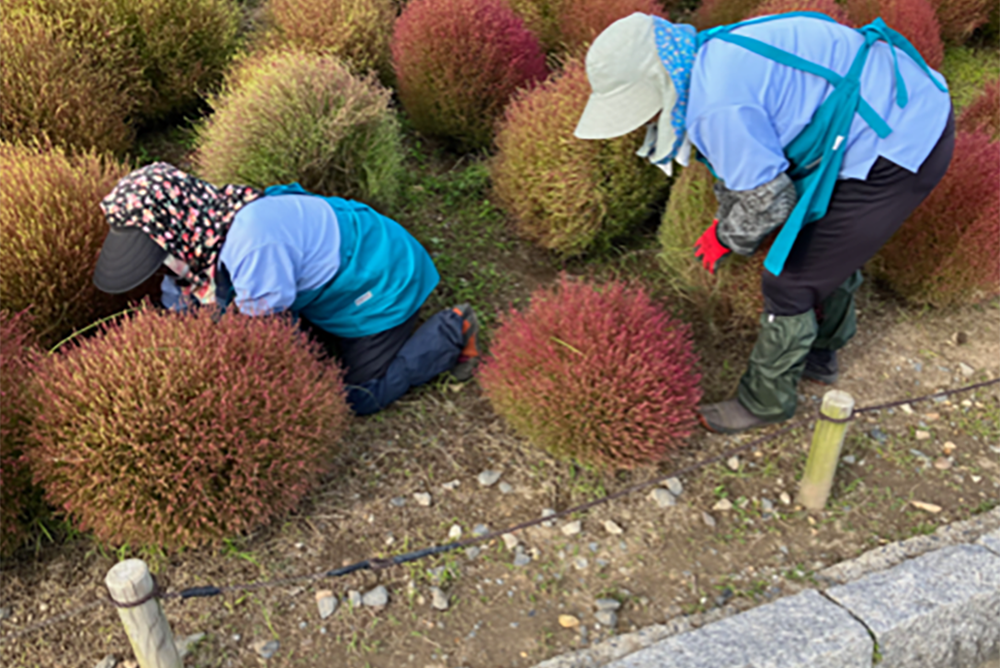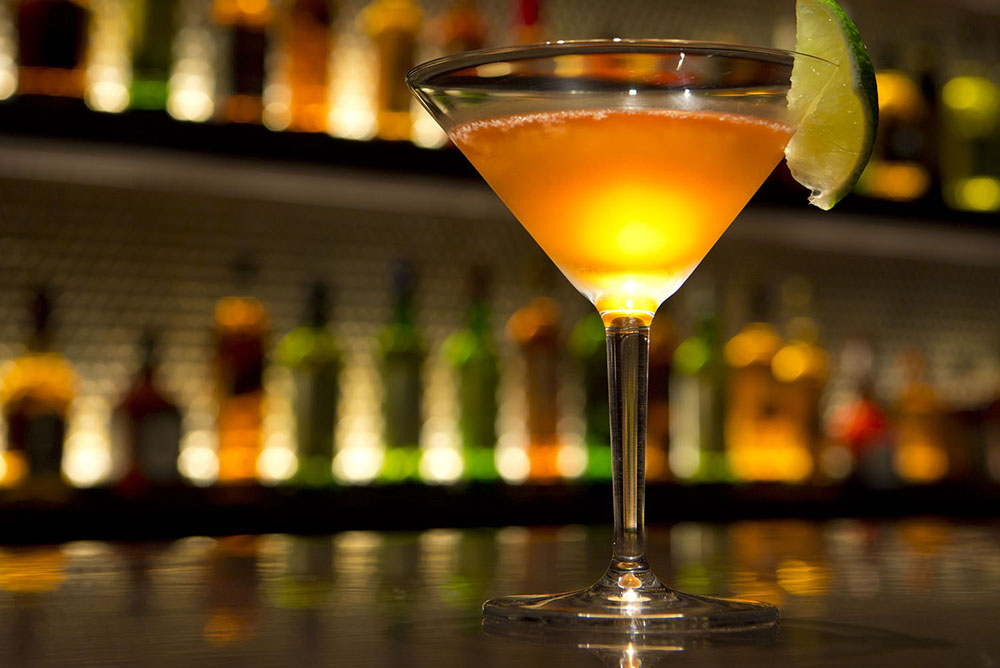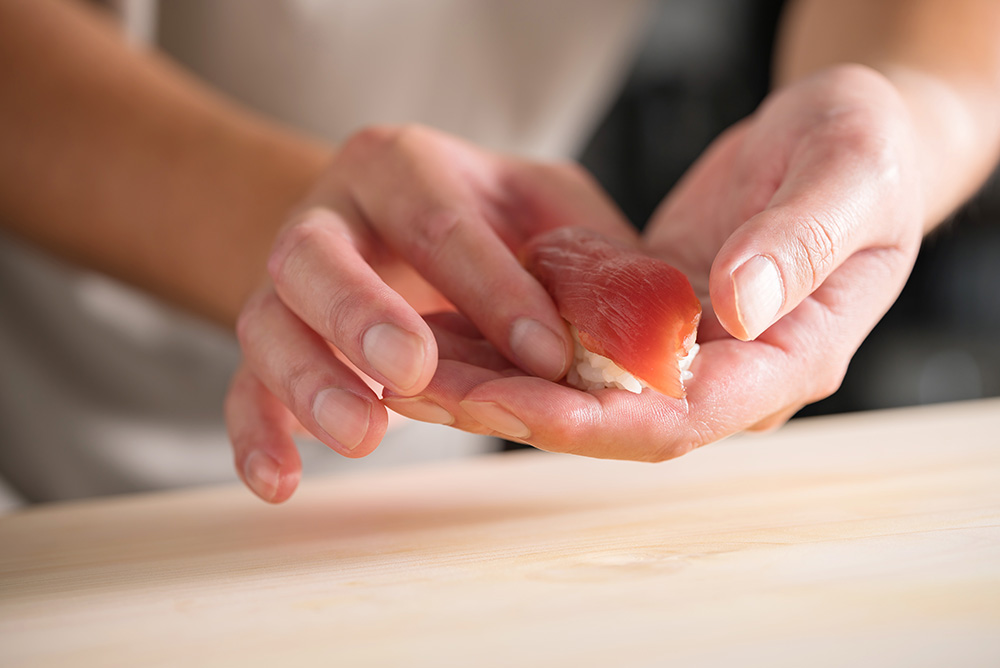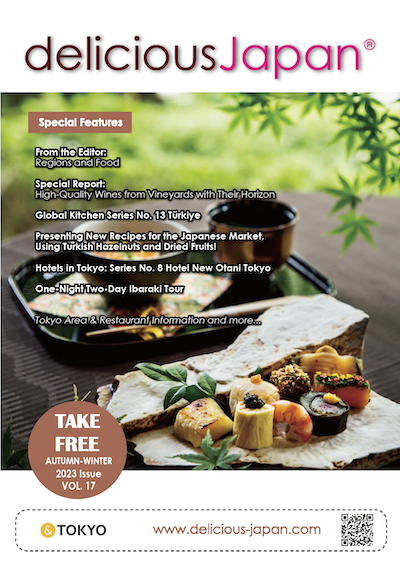Food Trends Seen in Trade Shows
 The USA is the world’s greatest trade show superpower. It has a 20% share of venue size. The USA has 25 times Japan’s land area, and the sizes of Japan’s venues are also far smaller. But Japan is still sixth in the world in terms of net space rented, and Japan can be described as another trade show superpower. Japan’s food self sufficiency rate (calorie based) is below 40%, the lowest among developed countries, and its dependency on other countries is extremely high. That is why food and beverage trade shows are flourishing in Japan. The 46th International Hotel & Restaurant Show took place at Tokyo Big Sight last February. The event attracted attention for its now program called “Natural Food: New Recipe Discovery Audition”.
The USA is the world’s greatest trade show superpower. It has a 20% share of venue size. The USA has 25 times Japan’s land area, and the sizes of Japan’s venues are also far smaller. But Japan is still sixth in the world in terms of net space rented, and Japan can be described as another trade show superpower. Japan’s food self sufficiency rate (calorie based) is below 40%, the lowest among developed countries, and its dependency on other countries is extremely high. That is why food and beverage trade shows are flourishing in Japan. The 46th International Hotel & Restaurant Show took place at Tokyo Big Sight last February. The event attracted attention for its now program called “Natural Food: New Recipe Discovery Audition”.
In Japan, the winners of the “New Words and Buzz Words Prize” are announced on December 1st every year. In 2017, the trend in food was for photogenic, colorful, and Instagram-friendly items. Many women going to restaurants and cafes with smartphones in hand say that the point of going to eat out is to snap and upload pictures that will look good on Instagram. As the photo-sharing social network, Instagram became a fixture and spread out, “instagrammable” was picked for the 2017 New Words and Buzz Words Prize. “Photogenic” was added as one of the judging points in the above-mentioned “Natural Food: Audition to Discover New Recipes”.
It is said that American trends reach Japan three years later. Things in business, fashion, and food that got trendy or got started in America spread to Japan. Thanks to social media, the influx of culture and fashion is becoming easier, faster, and more intense than ever before. That is why Japanese companies often go overseas to observe and investigate markets in other countries. Whole Foods Market, the major US health-oriented supermarket chain that gained further prominence as it was acquired by Amazon, Good Earth, a long-established natural foods supermarket, and Sprouts Farmers Market, a fast-growing supermarket specializing in supplements and produce, are now regular fixtures for such visits. It is probably only a matter of time until the kind of functional food labeling seen below spreads from the USA to Japan.
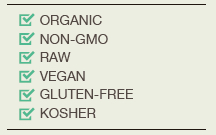 Bulk Foods Market is a store in Kawasaki City, near Tokyo, which sells natural and organic foods by weight. Looking back, store manager Ito, a former barista and bartender, says “We saw good flavor as the most important thing for keeping our store going, and when we went looking for delicious foods, what we got to was organic and natural foods”.
Bulk Foods Market is a store in Kawasaki City, near Tokyo, which sells natural and organic foods by weight. Looking back, store manager Ito, a former barista and bartender, says “We saw good flavor as the most important thing for keeping our store going, and when we went looking for delicious foods, what we got to was organic and natural foods”.
Japan has over 56,000 convenience stores. Among them, Natural Lawson handles health-conscious products. The chain is expanding, mainly in the capital region, and spreading. It had 144 branches at the end of July 2017, and has also opened an online shopping site. Its stated goal is to support “beautiful, health, and pleasant” lifestyles, with the focus on women.
It goes without saying that food should be safe and trustworthy, but healthy and natural will remain keywords in any discussion of food in Japan in future.

